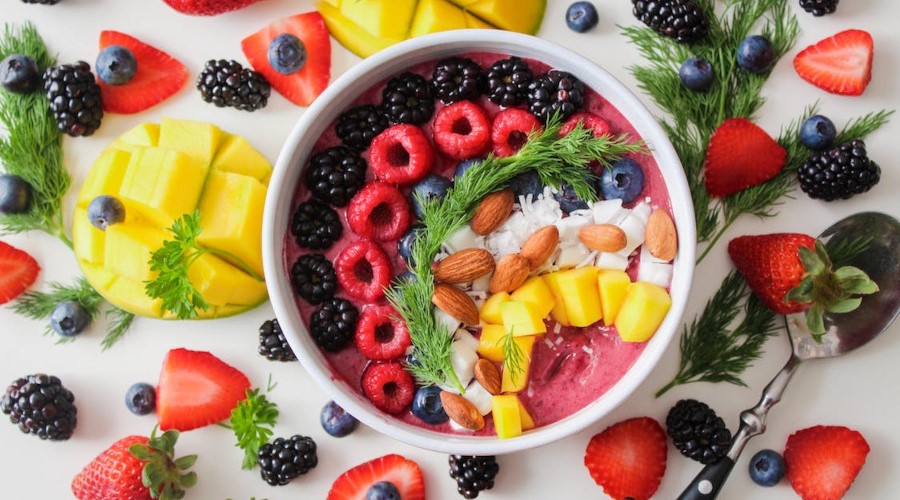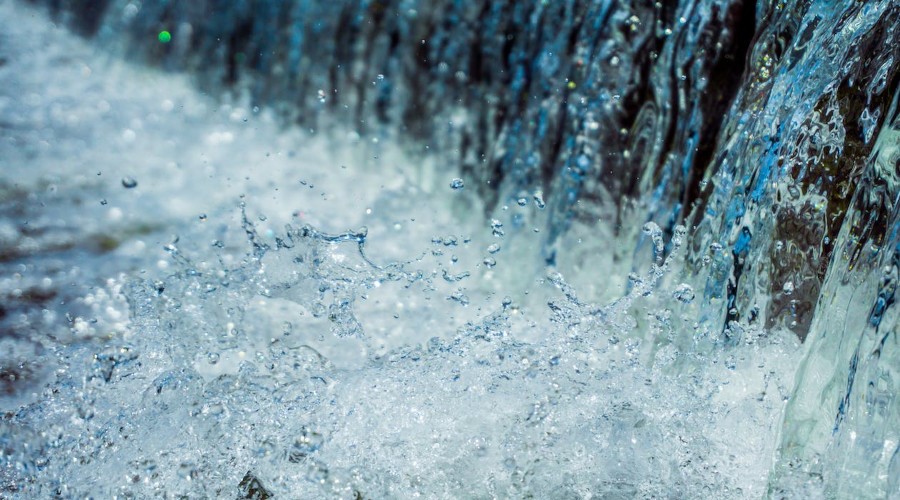In a world increasingly turning towards environmentally friendly choices, even our smallest choices can have a bigger and better impact. At igreen.lv, we celebrate the sustainable use of everyday materials, especially paper, and its role in improving our daily lives.
Today’s discussion concerns a valuable and sustainable item – the travel mug. More specifically, we will explore the importance of sustainability and ethical considerations in producing personalized travel mug that are integral to our homes and offices.
Importance of sustainable production – why its important?
A personalized travel mug is more than just a vessel for our morning or evening drink. It is a statement of our lifestyle and values.
We demonstrate our commitment to conserving natural resources and reducing our environmental impact by choosing a sustainably produced travel mug with an imprint. Consumers must know picking a travel mug is more than utility and aesthetics.
Choosing sustainable materials
Sustainable travel mugs are usually made from materials such as recycled plastics, bamboo, stainless steel or even biodegradable materials. These materials are not only durable, but also have a lower environmental impact in their production and disposal.
Bamboo, for example, grows quickly, requires no pesticides and is biodegradable. And this is in stark contrast to the production and environmental degradation of plastics.

Ethical practices in production
Ethical production means ensuring that the workers producing a personalized printed thermal shirt are treated fairly. This includes providing adequate pay, safe working conditions, and respect for labor rights.
Brands that adhere to these principles are often awarded certificates such as ‘Fairtrade.’ The certificate reassures consumers of the ethical standards applied in the production process.
Reflecting brand values of printed travel mug
If a company chooses to invest in ethically produced travel mug, it’s not just about the product. It is also a message about corporate responsibility.
Such a commitment can foster brand loyalty among consumers who value ethical considerations in their purchases. The online shop UDENSPUDELE.LV, where you will find a large range of personalized travel mugs as well as services such as engraving, is also committed to such ethical considerations.

Personalisation and sustainability – travel mug with conscience
Personalised printed travel mugs are a popular trend, especially for corporate branding and personalised gifts. However, the customisation process must also respect the principle of sustainability.
This includes the use of eco-friendly colours and sustainable branding techniques, for example a personalised printed travel mug will be a great choice for branding. In addition, by personalising a high-quality, sustainably produced travel mug, companies ensure that these items are valued and used for longer.
Assurance in quality and sustainability
Choosing a high-quality personalised branded travel mug with a print. There is usually more confidence in both sustainability and ethical production practices.
These products are often designed to be durable and to meet higher environmental and ethical standards. In contrast, cheaper alternatives may not only lack quality but often also sustainability criteria.
Personalised travel mug with hood – smart choice
For our igreen.lv readers, understanding the impact of your choices applies to every aspect of everyday life, including the seemingly simple choice of a travel mug. As advocates for the wise use of resources and ethical consumption, choosing a sustainable and ethically produced travel mug is not only in line with our values, but also sets the standard for the products we want to see on the market.
It is a testament to the power of mindful consumption and its potential to drive real change in production practices around the world. For a wide range of personalised printed travel mugs, visit UDENSPUDELE.LV.
Remember that every time we drink from travel mug, we are not just enjoying our favourite drinks. But we are also making an environmentally responsible choice.

Čau visiem, te Guntis no Viļāniem. Kopš bērnības mani interesē daba. Es māku slaukt govis, skaldīt malku un vadīt traktoru. Tātad zaļie produkti un zaļais dzīvesveids vienmēr ir bijusi daļa no manis. Bet pēc vidusskolas beigšanas sāku papildus interesēties par dizaina aktualitatēm. Protams, ka tam vajadzēja būt ZAĻAM dizainam. Tā arī tapa šī lapa. Izbaudiet!








